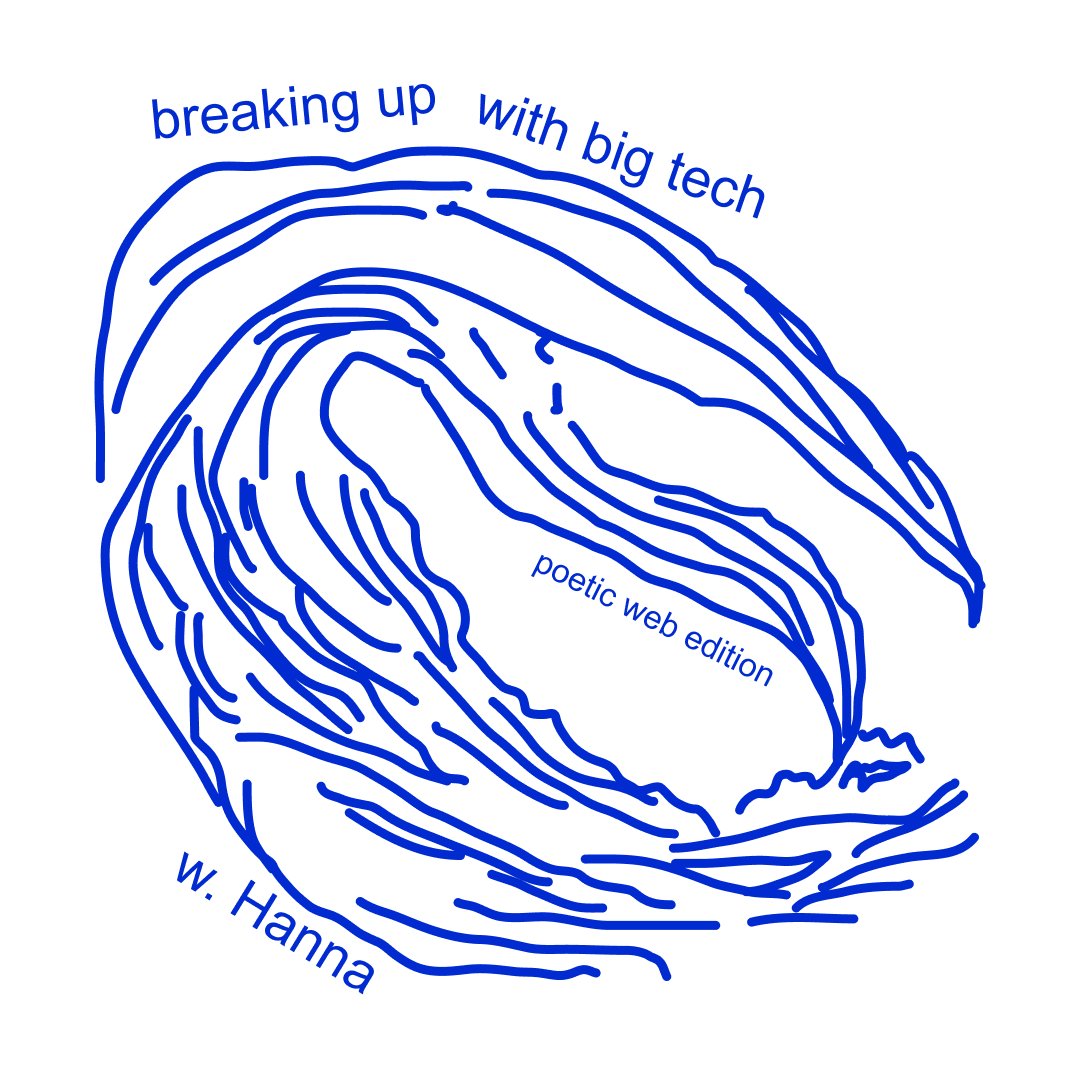 Image 1 of 1
Image 1 of 1


Weaving practices #3 / school of other nows
Friday, 11/04 from 18:15
How can we organise ourselves differently in today’s capital-driven society? Are there ways of structuring our organisations that engage in new ways of world-making? Who are our support networks? How do we build infrastructures of solidarity?
For our third conversation we have invited T.J. Demos — writer, professor, researcher, activist & organiser to share insights on his research and particularly on his book “Radical Futurisms” (a big source of inspiration) published by Sternberg Press: “There is widespread consensus that we are living at the end—of democracy, of liberalism, of capitalism, of a healthy planet, of the Holocene, of civilization as we know it. In this book, drawing on radical futurisms and visions of justice-to-come emerging from the traditions of the oppressed—Indigenous, African-American, multispecies, anti-capitalist—as materialized in experimental visual cultural, new media, aesthetic practices, and social movements, T. J. Demos poses speculative questions about what comes after end-of-world narratives. He argues that it's as vital to defeat fatalistic nihilism as it is to defeat the false solutions of green capitalism and algorithmic governance. How might we decolonize the future, and cultivate an emancipated chronopolitics in relation to an undetermined not-yet? If we are to avoid climate emergency's cooptation by technofixes, and the defuturing of multitudes by xenophobic eco-fascism, Demos argues, we must cultivate visions of just futurity and multispecies flourishing.”
T. J. Demos is a professor in the Department of Art History and Visual Culture at the University of California, Santa Cruz, and Director of its Center for Creative Ecologies, with a multifaceted practice and a background in art history as well as activism and organising. He writes widely about contemporary art, global politics, and ecology, and is the author, most recently, of “Beyond the World's End - Arts of Living at the Crossing” and “Radical Futurisms: Ecologies of Collapse, Chronopolitics, and Justice-to-Come” **T.J. will be joining us over the world wide web.
Weaving Practices – learning together how to organise differently, is a conversation series initiated by school of other nows (soon) that wishes to hold transdisciplinary and intergenerational forums so that in the process of school-dreaming-up, we can (all) learn with (!) those who have chosen to stand at the margins of conventionality and have designed alternative ways of being/making/teaching/living.
About school of other nows (soon) (still taking shape) — experimenting as a school-to-be (soon) dreams of holding space to critically move beyond polarisation and headline culture by building an infrastructure of solidarity across varying points of views, ages and life experiences. Our dream is to collectively challenge what is comfortable to become vulnerable — as we nourish and encourage acts of curiosity, imagination, experimentation, cooperation, decolonization and rest.
Friday, 11/04 from 18:15
How can we organise ourselves differently in today’s capital-driven society? Are there ways of structuring our organisations that engage in new ways of world-making? Who are our support networks? How do we build infrastructures of solidarity?
For our third conversation we have invited T.J. Demos — writer, professor, researcher, activist & organiser to share insights on his research and particularly on his book “Radical Futurisms” (a big source of inspiration) published by Sternberg Press: “There is widespread consensus that we are living at the end—of democracy, of liberalism, of capitalism, of a healthy planet, of the Holocene, of civilization as we know it. In this book, drawing on radical futurisms and visions of justice-to-come emerging from the traditions of the oppressed—Indigenous, African-American, multispecies, anti-capitalist—as materialized in experimental visual cultural, new media, aesthetic practices, and social movements, T. J. Demos poses speculative questions about what comes after end-of-world narratives. He argues that it's as vital to defeat fatalistic nihilism as it is to defeat the false solutions of green capitalism and algorithmic governance. How might we decolonize the future, and cultivate an emancipated chronopolitics in relation to an undetermined not-yet? If we are to avoid climate emergency's cooptation by technofixes, and the defuturing of multitudes by xenophobic eco-fascism, Demos argues, we must cultivate visions of just futurity and multispecies flourishing.”
T. J. Demos is a professor in the Department of Art History and Visual Culture at the University of California, Santa Cruz, and Director of its Center for Creative Ecologies, with a multifaceted practice and a background in art history as well as activism and organising. He writes widely about contemporary art, global politics, and ecology, and is the author, most recently, of “Beyond the World's End - Arts of Living at the Crossing” and “Radical Futurisms: Ecologies of Collapse, Chronopolitics, and Justice-to-Come” **T.J. will be joining us over the world wide web.
Weaving Practices – learning together how to organise differently, is a conversation series initiated by school of other nows (soon) that wishes to hold transdisciplinary and intergenerational forums so that in the process of school-dreaming-up, we can (all) learn with (!) those who have chosen to stand at the margins of conventionality and have designed alternative ways of being/making/teaching/living.
About school of other nows (soon) (still taking shape) — experimenting as a school-to-be (soon) dreams of holding space to critically move beyond polarisation and headline culture by building an infrastructure of solidarity across varying points of views, ages and life experiences. Our dream is to collectively challenge what is comfortable to become vulnerable — as we nourish and encourage acts of curiosity, imagination, experimentation, cooperation, decolonization and rest.








